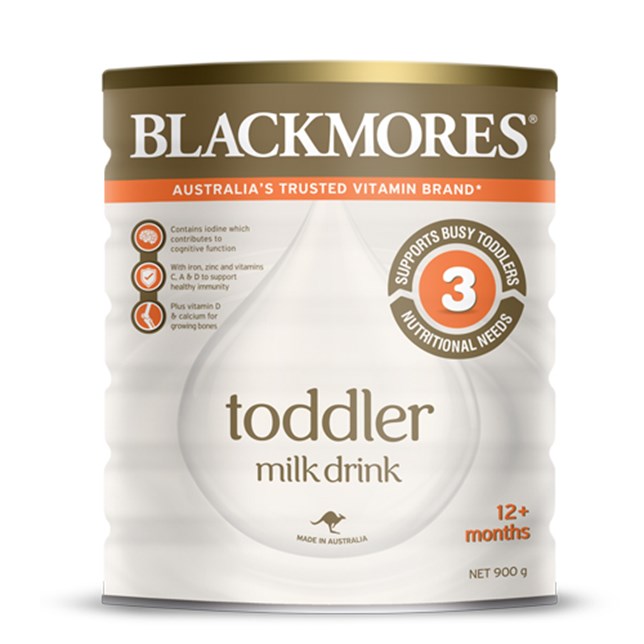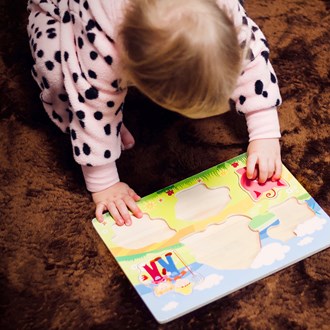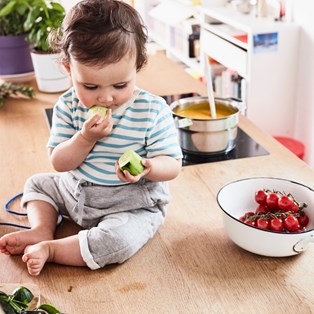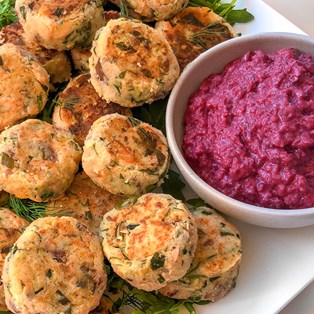How to deal with the toddler fussy food phase
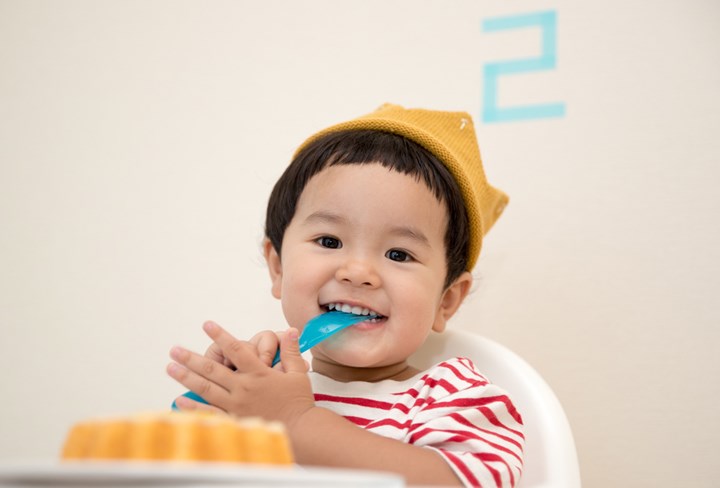
And inspire positive food behaviour...
By Allie Gaunt and Jessica Beaton
April 05 2023
Offering nutritious home cooked food each day is a top priority for many parents - so what happens when that meal ends up on the floor because all your toddler wants is toast?
Well, it’s good to know that all children go through phases of fussy eating from time to time. The cause will vary from child to child and could be anything from a new developmental milestone, to a new taste preference or a little tooth that’s about to push through. Sometimes it’s not even about the food but rather the want and need for your toddler to feel ‘in control’.
Here are five good ways to help you and your toddler navigate through a fussy phase.
Offering nutritious home cooked food each day is a top priority for many parents - so what happens when that meal ends up on the floor because all your toddler wants is toast?
Well, it’s good to know that all children go through phases of fussy eating from time to time, say Allie Gaunt and Jessica Beaton, authors of One Handed Cooks. "The cause will vary from child to child and could be anything from a new developmental milestone, to a new taste preference or a little tooth that’s about to push through," they explain. "Sometimes it’s not even about the food but rather the want and need for your toddler to feel ‘in control’."
Here Allie and Jessica share five good ways to help you and your toddler navigate through a fussy phase.
1. Keep mealtimes positive
"When times are tough it’s good to remember that you’re not alone and almost all children go through phases of fussy eating. Try not to take it personally when your child rejects something you have made – easier said than done! Praising your child and keeping the focus on the positive eating behaviours will help to keep mealtimes stress free. It also helps to build trust in new food experiences as the more relaxed and enjoyable the mealtime experience is the more likely your child will be open to try and enjoy new foods."
2. Encourage mindful eating
"Babies and toddlers are born with the wonderful ability to self-regulate their appetite for food and nutrition. They know to eat when they are hungry and stop eating when they are full. Parents need to trust and recognise their own hunger and fullness cues. If this trust appetite awareness is lost and there is tension or anxiety at mealtimes it’s likely fussy eating behaviours will follow. Offering your child a variety of nutritious foods at each scheduled meal and snack time and allowing them to choose what and how much of the food on offer to eat (without pressure to eat more than they want) is the best strategy to nurture mindful eating."
3. Watch the snacks
"More often than not our busy lifestyles get in the way of encouraging good eating behaviours in children. Eating on the run and offering snacks to ‘hold them out’ can be a very easy trap to fall into. Snacking is a big cause of fussy eating in toddlers, as sometimes that biscuit before dinner means they just aren’t hungry at the right times. By sticking to a mealtime schedule you can also determine what undesirable behaviour is hunger and what might be tiredness, developmental or even sensory overstimulation. Understanding your child’s needs will help you to anticipate a hunger-induced meltdown giving way for a calm and relaxed meal environment, which in turn will encourage positive food associations and limit fussy eating."
4. Accept the mess
Sitting down and eating a meal is actually one of the most difficult sensory tasks children do. For some children, particularly babies and toddlers, this can be very overwhelming when they are offered a new food so poking, patting, squishing and even squeezing it before putting it in their mouth is totally normal and should even be encouraged. By doing this they are learning about what the temperature of the new food may be (is it hot or cold?), what it might feel like to chew (is it soft and easy to chew or is it hard and might take more effort?) and does it smell familiar to something else they might enjoy? Restricting your child from touching food or making mess a mess may create some anxiety and fussy eating behaviours at mealtimes. So allow them time to explore a new food and remember it may take 10-20 exposures to a new food before they try it, let alone become familiar with it and enjoy it. So, be patient, accept the mess and enjoyment will likely follow.
5. Try a tasting plate
Sometimes food refusal and fussy eating is not even about the food but rather the want and need for a toddler to feel ‘in control’. By offering a tasting plate you can serve a balanced and nutritious meal in a non-confronting way. Simply combine a few nutritious, bite sized meal options that you would be happy for them to try. If you always ensure the foods are developmentally appropriate for your child and there is something that you know your child will eat and enjoy alongside any new or previously refused foods you can feel confident and relaxed at mealtimes. Trust your child to choose what they want to eat and how much from the food that is offered.
PRACTICAL PARENTING TIP:
It's normal to worry that fussy toddler's aren't getting the nutrients they need. Blackmores Toddler Milk Drink contains prebiotics (GOS) and essential vitamins A, C, D & E to help support your toddler's growth and development. Made using the highest quality ingredients, the Blackmores range is made using premium Australian milk and is suitable for toddlers aged 12+ months. Visit the Blackmores.com.au to request your free sample. #WINNING WITH BLACKMORES

